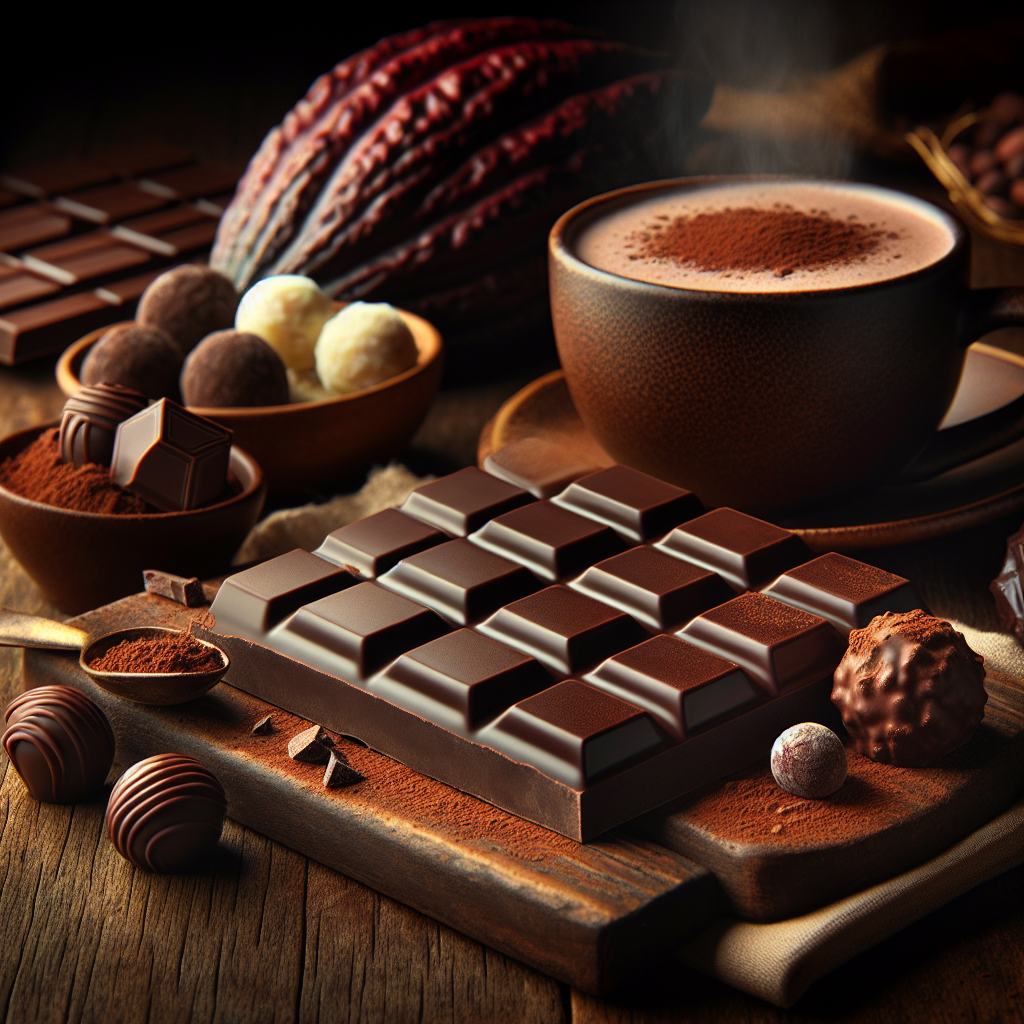Unwrapping the Mystery: Why Easter Chocolate Delights
Easter chocolate is often perceived as tastier than regular chocolate, due not to ingredient differences, but to flavor experiences involving taste, texture, and smell. The unique shapes and rituals associated with Easter chocolate enhance its enjoyment and perceived flavor, making it a special treat during the holiday season.

- Country:
- Australia
With Easter fast approaching, chocolate eggs dominate supermarket shelves, enticing consumers with the promise of indulgence. Despite popular belief, Easter chocolate doesn't differ significantly in ingredients from everyday varieties, though many claim it tastes superior.
Research shows that the distinct pleasure of Easter chocolate is largely due to its unique flavor experience, influenced by taste, texture, and aroma rather than composition. The shape and mouthfeel of chocolate eggs create the expectation of creaminess, enhancing enjoyment when met, but occasionally leading to disappointment if unmet.
Traditions of family gatherings and festive rituals further amplify Easter chocolate's allure, transforming chocolate consumption into a shared experience. As such, savoring these seasonal treats transcends mere taste, embodying cherished holiday memories.
(With inputs from agencies.)










